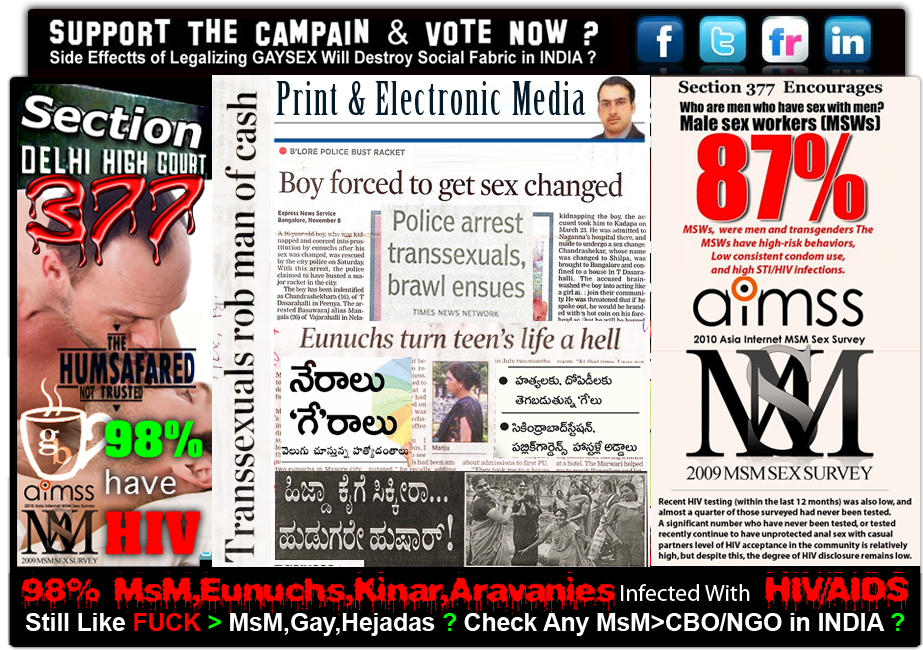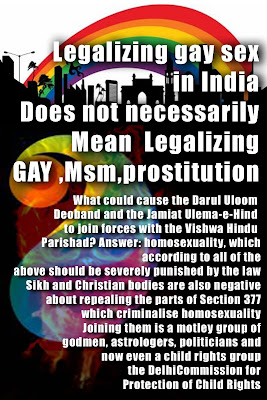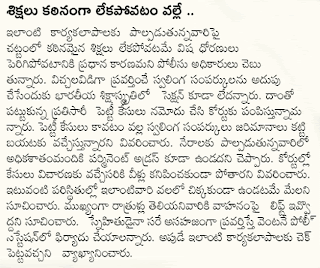Trannies became a bonus object for Istanbul Police. Ebru Kiranci and Demet Demir now are walking fearfully along Istiklal Street. Because the cops around may fine them any moment for being a “man wearing female clothes".
“One time I was in a hairdresser and they got me out and took to the police station. They fined me for disturbing the people as 35€ according to the new Turkish Misdemeanor Law. Another time, I had bought meat and bread and was walking to my home, and they fined me again ! And last week, I got 2 fines in one single day. I did not sign some of the fines and signed some. I am really scared from them. They use violence and threaten me to inform our families about our situation. Now we are afraid of getting out.”
A tranny is describing her fears and the pressure upon her as above. And what’s more, she is not the only one who is under oppression. Trannies and transsexuals are worried and terrified. For the last two months, especially in Beyoglu and Sisli districts the trannies are even fined in daily living environments; while getting out from the bakery, while going to the grocery, at the hairdresser' s and etc.
The Non-Profit Social Society Organization of Istanbul Gay, Lesbian, Bisexual, Transsexual and Trannies (LGBTT) is preparing to file a criminal complaint against the courts. The Association also alleges that the new system in Istanbul Police Department of “earning Point (scores) per issued fine and the number of lawbreaker being caught” increases Istanbul Police’s violence against the trannies to get more “Bonus”. This bonus system has begun with the assignment of Mr. Huseyin Capkin as the Director of Istanbul Police Department by Recep Tayyip Erdogan..
‘We are scared to get out the streets ”
Clearing up Izmir and being promoted to Istanbul after Mr.Cerrah (the previous Istanbul Police Director) was sent to another city as a Governor (although he was very poor in his job), the Chief Police Officer of Istanbul Mr.Huseyin Capkin has already made quite a name for himself in his new town with this extraordinary bonus system.
A list of Capkin’s talented success during his time in Izmir is what is next in our agenda and we will discuss them later on...
However, we should give you some tips about him for now. Sir Capkin was an intolerant Turkish “battle hero” especially against Kurds and trannies who himself had sworn to clear Izmir from this pile of “shit”. By the way, Capkin means “Playboy/Womanizer” in Turkish.
In his period, Izmir Police were reaching for their guns and opening fire whenever they want and either were killing or injuring people. I hope you do not think that Cerrah was sent and a better Chief Police Officer was appointed for Istanbul who is more sensitive about human rights and has a modern personality. Or do you ?
Capkin’s bonus system that is based on performance of Istanbul Police as writing fines and catching everyone around as a potential criminal turned into a psychological violence against trannies and transsexuals. The number of people who got fines according to the 37th article of Misdemeanour Act of Turkish Criminal Laws which is “disturbing others in the streets for selling goods or services” is increasing day by day.
We already know that Mr. Capkin is very successful indeed to suppress the trannies and transsexuals in Izmir. Now Istanbul Police will get extra incentives besides their salary each month for the each fine he issues against the trannies. This is surely increasing the homophobia in the society.
The aim is to isolate the trannies from the rest of the people and make their lives miserable. To exile them from the daily life…We surely know this type of brutality shown against the minorities from the past and current wild Fascist regimes.
Ebru Kıranci from LGBTT Society is saying that trannies and transsexuals are ruthlessly seen by Istanbul Police as a bonus for themselves after the “Point Winning” implementation initiated by Mr. Capkin and she asserts some impressive claims such as below ;
“Most recently, they took out a friend of us from the grocer’s. In the past, they used to take us when we hitchhike at nights on the main roads as per the famous Misdemeanour Law forbids. But now they take us into custody in our daily lives. Our right of living is permanently taken away from us. Now we are scared totally to go out in the streets even in daytime.. We try to change our way on the streets when we see the cops ahead. They fine us as per the 37th article, but our trannies do not walk in the streets in daytime with the clothes they work at night. Many of our friends are taken from side and back streets, but police officers write the name of Main Street on the fine as if they caught us at the main street. These fines were used to be issued at night while we are hitchhiking. “
http://vod.cnnturk. com/cnnturk/ haber/24. 02.2009/taksicil er_eylem_ kavga.wmv
Nine fines to a person
It didn’t use to happen daytime like now. Most of our friends do not have any social security. Nor they have money... I know a person who was fined for nine times. I am wearing a long sleeve shirt at this hell hot weather. I cannot wear a short sleeve or a strappy blouse because of my fear from the cops.”
Demet Demir from the same Organization is claiming that the cops were telling them (while writing their fines) “Soon, you will not be able to walk even on this Istiklal Street” which is a main shopping and closed to traffic street in the district of Taksim known for preserving more free lifestyles compared to our parts of Istanbul.
“Many friends are psychologically sick. They are now imprisoned at home. Is walking on the street or shopping a crime in a free world ? One day, they have fined two friends.. And the cops have written on the fine as describing the crime “men wearing female clothes.” After our Ramadan holiday is over (ending on Sep 23), we will file a criminal complaint to the Attorneys General (Prosecution Office) about both Capkin and the police officers who issued us fines.
They are threatening
One of the trannies who got a fine is a 51 year old Ebru who lives in Beyoglu. She is describing her experiences with this nickname because she is still scared :
“One time I was in a hairdresser and they got me out and took to the police station. They fined me for disturbing the society as 35€ according to the Misdemeanor Law. Another time, I had bought meat and bread and was walking, they fined me again. At some occasions, they even fined me twice in a day. I did not sign some of the fines and signed some. They terrified me. They use violence and threaten to inform our families about our situation. Now we are afraid of getting out. We do not disturb the people, on the contrary, the police do.”
Çapkın and the ones like him do not want to see them. Do you think a happier and more humanly life is waiting for us when they remove those people from the streets and we are left alone as isolated from those colours of life ?
Aditya Bondyopadhyay
Advocate
(Regd. No. F-218/192 of 1997)
Bar Council of W.Bengal, India













































